Friends,
I’m writing this email during inauguration week from my hotel down in St. Petersburg, FL, where I’ve been attending Jonathan Escoffery’s short story workshop with 11 other writers as part of this year’s Writers in Paradise (WIP) at Eckerd College. This is my second year attending WIP thanks to support from the Sterling Watson MFA Fellowship, which is available to MFA students up to five years out of their degree programs.
The conference is a real blast, and an opportunity to learn from some really great writers. Besides Escoffery, whose linked short story collection If I Survive You was nominated for just about everything, the conference features Karen Russell, Andre Dubus III, Lauren Groff, Luis Alberto Urrea, Laura Lippman, Ann Hood, Michael Ruhlman, Michael Koryta, and others.
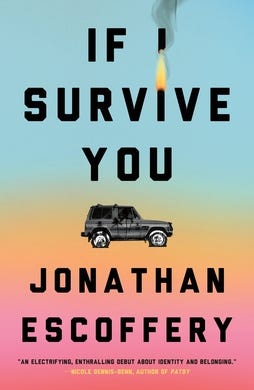
But it’s been strange, right? I’ve been spending my days surrounded by other writers attending workshops and craft talks and evening readings while the rest of the world has been focused on Washington, on executive orders, on confirmation hearings, on the hourly outrages of another Trump administration. I have a lot of catching up to do, but I’m also infinitely appreciative of the week I’ve had and the writers and friends, new and old, I’ve been able to spend it with. I have been constantly reminded of the power of community.
I imagine community is something we’re all thinking about these days. Before Paradise, I read Andrew Delbanco’s The War Before the War: Fugitive Slaves and the Struggle for America’s Soul from the Revolution to the Civil War. Published during the first Trump administration, Delbanco, the Alexander Hamilton Professor of American Studies at Columbia University, traces the way fundamental disagreements over slavery, particularly as embodied by the figure of the fugitive slave and the compromises around that figure Northern and Southern states made to maintain their union, led to the total breakdown, by the 1850s, of “comity.”
Comity, Delbanco explains, is “the ineffable sense of shared values by which a society sustains itself.” In other words, the glue that allows community to function. He quotes historian Richard Hofstadter,
Comity exists in a society to the degree that those enlisted in its contending interests have a basic minimal regard for each other: one party or interest seeks the defeat of an opposing interest on matters of policy, but at the same time seeks to avoid crushing the opposition, denying the legitimacy of its existence or its values, or inflicting upon it extreme and gratuitous humiliations beyond the substance of the gains that are being sought. The basic humanity of the opposition is not forgotten; civility is not abandoned; the sense that a community life must be carried on after the acerbic issues of the moment have been fought over and won is seldom very far out of mind […] The reality and value of comity can best be appreciated when we contemplate a society in which it is almost completely lacking.
What is left unspoken by Delbanco as he traces his history of the lead up to the Civil War is the contemporary (2018) context in which he was writing. A context, we are invited to reflect, where it might be worthwhile to consider the role comity (or its loss) might play in our own political and social lives.
Of course, you can’t compromise, as the statesmen of the early American republic attempted to do for over fifty years, on the basic premise that all human beings are human beings. It’s not that we must avoid the breakdown of comity at all costs, but that when we find ourselves in a society or community marked by such breakdown, we should examine the fissures along which that breakdown spiders out, and we should be aware of the violence and the human cost that accompanies the total disintegration of minimal regard.
In other reading, I’m working my way through Lauren Groff’s The Vaster Wilds. If the winter hasn’t been cold enough for you, you might pick it up. It’s the story of a servant girl during the famine winter of 1609-10 who, having escaped the English colony at Jamestown, struggles to survive on her own in a perilously indifferent landscape.
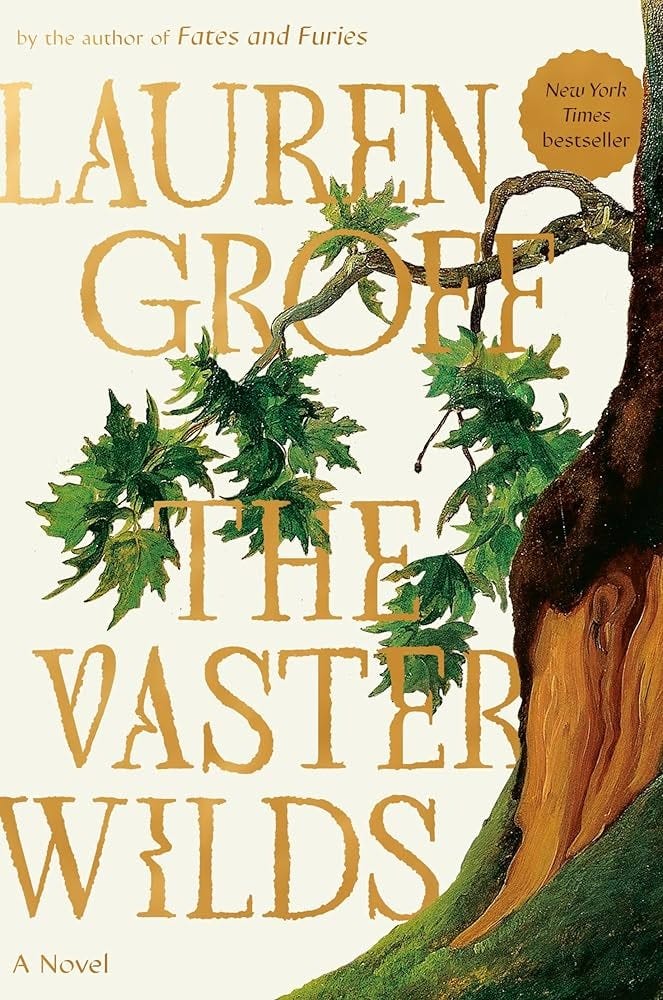
(An indelible image from the conference is of Lauren Groff delightedly waving her arms in au revoir from the seat of a golf cart as it careens into the Florida night.)
I’ll use the final space in this month’s newsletter to plug my friend Carolina Fernandez’s children’s book We Are Immigrants, which is just lovely. Read it to the kids in your life.
Your friend in reading,
Evan
OTHER NEWS
My story “IDPs,” which I’d brought to Writers in Paradise last year, won the Doris Betts Fiction Prize in January. It’s set during a second dust bowl and is about internally displaced refugees from the West and Southwest as they pass through a small Ohio town on a protest walk up to the Great Lakes. It’ll be published in the 2025 print issue of North Carolina Literary Review.
BECCA’S PICK OF THE MONTH
Becca recommends The Memory Palace by Nate Dimeo, who hosts a podcast of the same title. She’s been listening to the audiobook version on Spotify Premium.
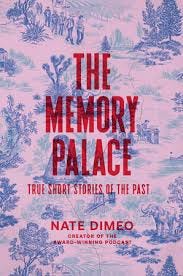
“Each story is a little piece of American history, and they range from two minutes long to twenty minutes. But most of them are five- to ten minutes,” she says.
If you’re not quite sure about diving into a 300-page book of intense historical anecdotes, Becca recommends listening to a few episodes of the podcast first.
“The stories are so condensed and short that it’s like every word is intentional. I like that. And I really like his story telling, and I really like his voice,” Becca says.
Of the stories themselves?
“Some of them are sad, some of them are happy, some of them are just interesting.”





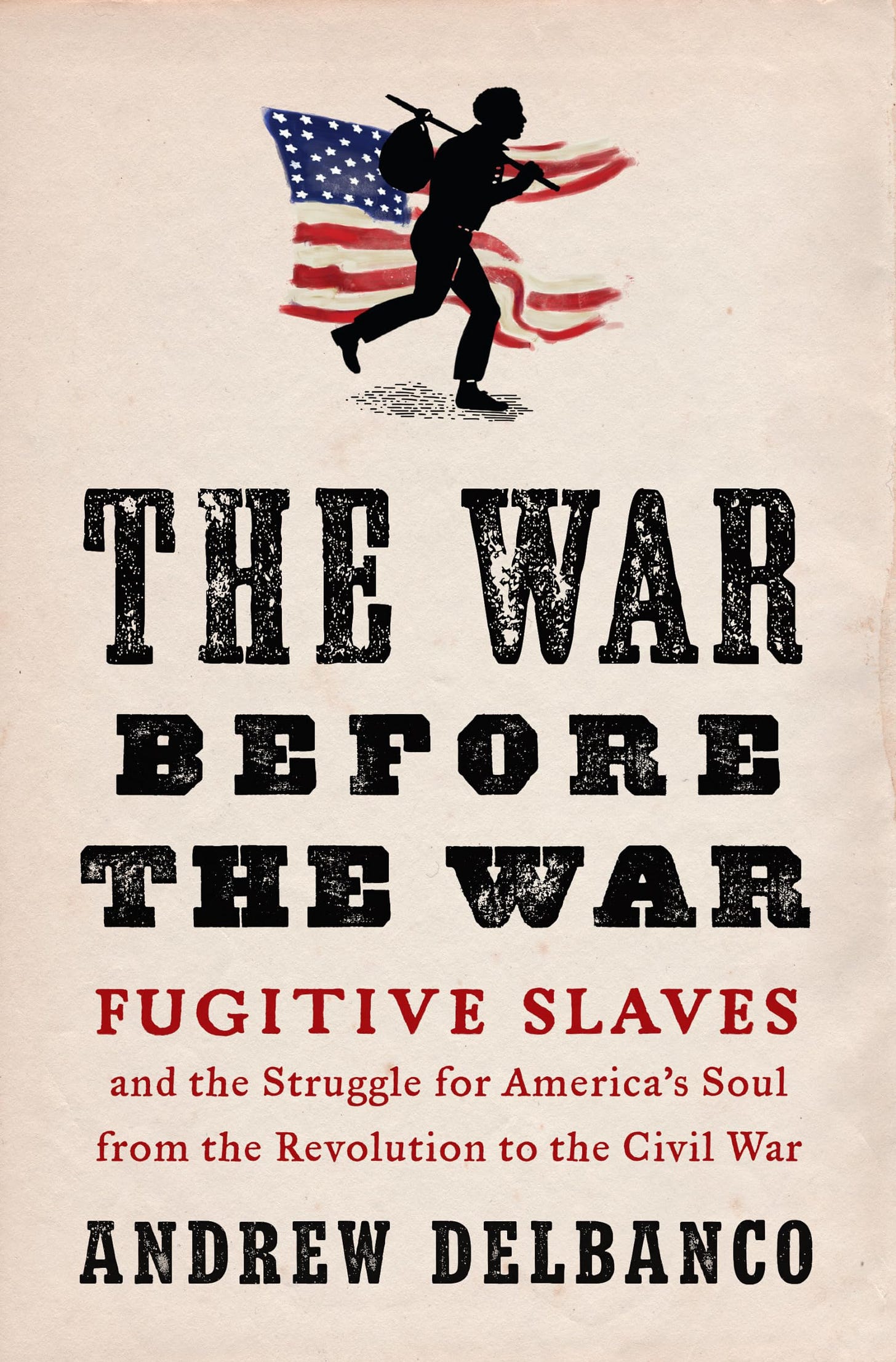
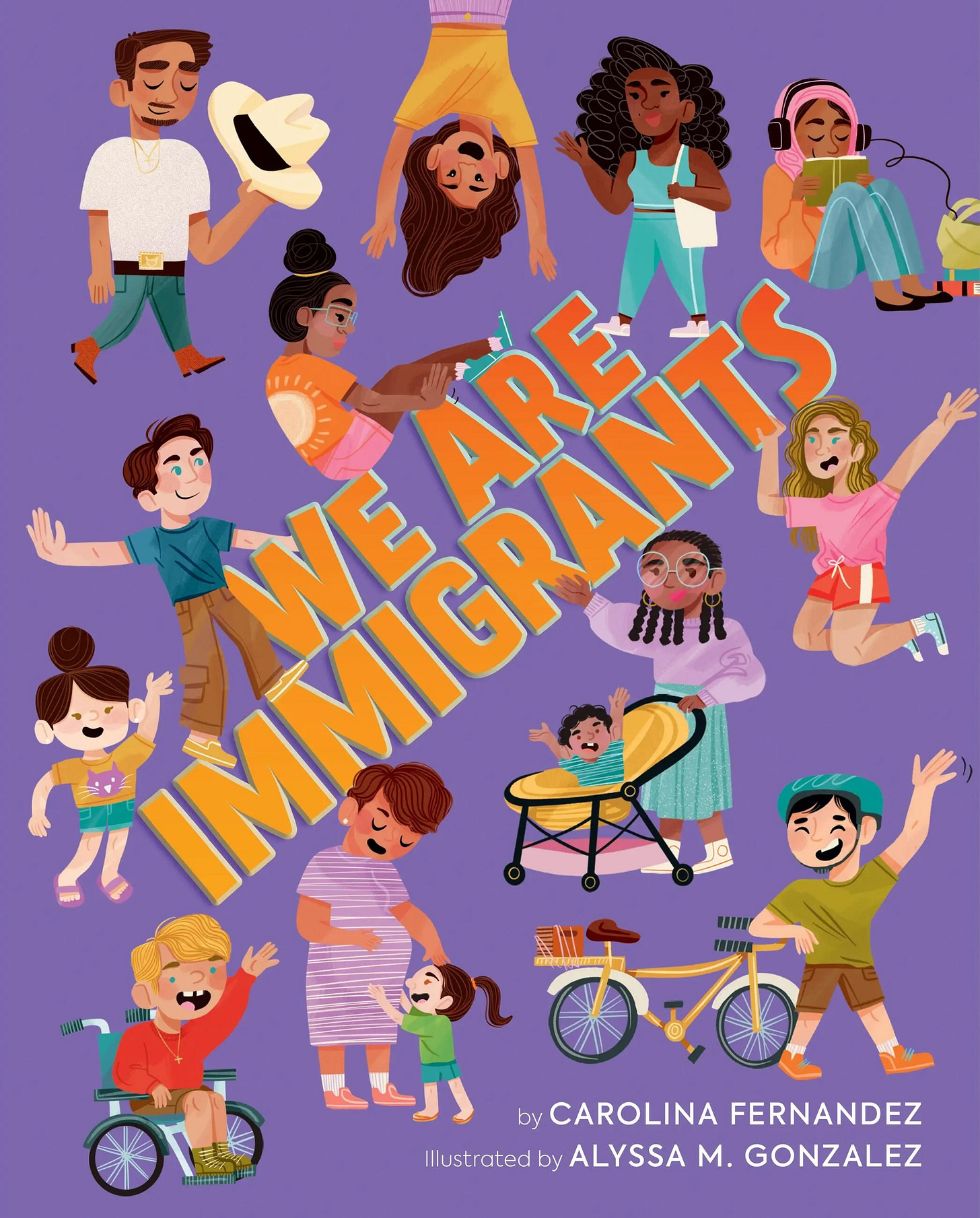
Oh, man, Evan. We could use some comity now. Or maybe not. Maybe it's too late for that.
Missed everyone at WIP this year! And congrats again on the story prize!